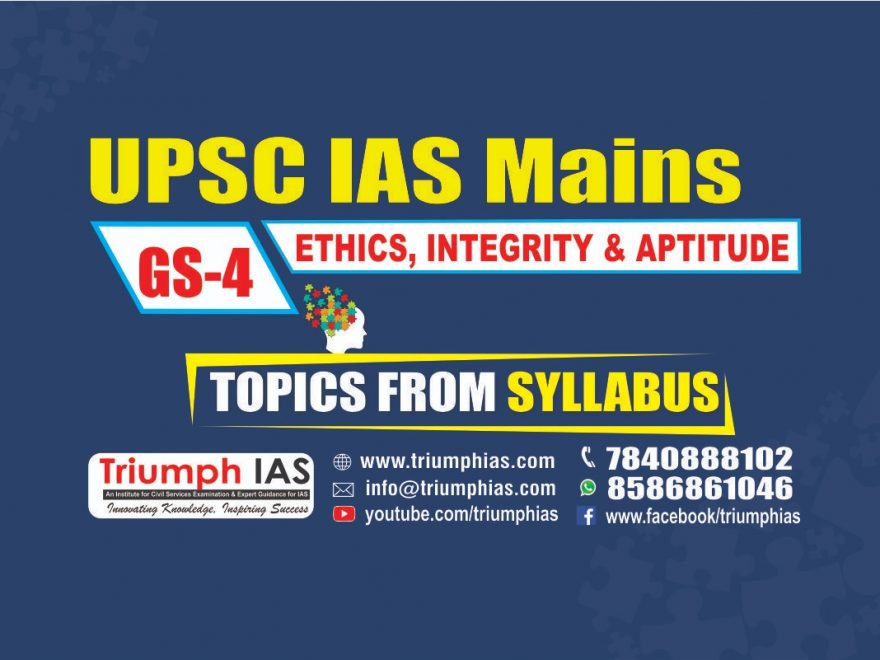Relevance: mains: G.S paper IV: Ethics
Everyone knows the central ontological question: “Why there is being, being rather than nothing? But there is another central philosophical question which the human race has been unable to answer: “Why is there violence, violence rather than non-violence?”
When once asked if non-violent resistance was a form of “direct action”, Gandhi replied: “…It is the only form.” He said it was the “greatest force…more positive than electricity, and more powerful than even ether.” Gandhi believed non-violence could be put into practice at every level of human experience. Nonviolence for him was not just a political tactic but spirituality and a way of life.
We are living today in an era where social, cultural and political spheres are void of spirituality. But Gandhi’s non-violence still offers us an ideal that may uphold. Gandhi remains the prophetic voice of the 21st century and his non-violence urges us to continue struggling on behalf of what we view as right and just. At a time when mankind is confronted with clashes of national interest, religious fundamentalisms and ethnic and racial prejudices, non-violence can be a well-trusted means of laying the groundwork of a new cosmopolitics. Though many continue to believe that non-violence is an ineffective instrument against dictatorships and genocide, in the last several decades many democratic initiatives, which were premised on non-violent militancy and an affirmation of human rights and helped build global civil society on solid ethical foundations, could be associated with a kind of neo-Gandhian quest for peace and justice.
It is revealing that in a world where there are calamities such as terrorism, poverty, illiteracy and fanaticism, history can still be made out of choices. The choice of non-violence is ours. We live in a world of “overlapping destinies” where the fates of cultures are heavily intertwined. It is no longer a world of closed communities where tyrannical orders or religious traditions represented the sole layers of historical legitimacy. Never in the history of the human race has non-violence been so crucial. Only the most barbaric and despotic regimes, however, have attempted to prevent their subjects to think and to practise non-violence.
Non-violence has recently evolved from a simple tactic of resistance to a cosmopolitical aim based on international application of the principles of democracy. Over the past three decades, global terrorism, violation of human rights and environmental degradation have caused repercussions highlighting the concern for global politics of non-violence. These can best be dealt with at the global level. Global politics of non-violence, thus, is the task not only of governments but also of civil society, and inter-governmental, non-governmental and transnational organizations. Most importantly, the international community has the moral obligation and duty to intervene in countries if they slide into lawlessness and can’t protect citizens from violations of human rights. Only a non-violent society can work its way up to creating the institutions ripe for development and lead to inter-cultural and inter-religious harmony. In a century where terror conditions the life and mentality of at least two-thirds of humanity and violence influences our everyday culture, we can’t continue with the policy of the ostrich—having given up inquiring “whose responsibility it is?”
It would be a folly to expect non-violence to become effective and durable, while the majority still thinks politics in terms of the use of violence. It is true, as Karl Jaspers affirms: “In morality moral conviction is decisive, in politics it is success.” But it is also true there is no long- term success in politics in the absence of morality. Thus, the political is dependent on the “over-political”, which remains independent from politics. If politics does not remain dependent on the “over-political”, it may end in ruin.
That is to say, political events bring moral responsibilities, and in turn ethical views place their imprint on political decisions. Politics without ethics is pure exercise of power. It is only in relation with ethics that politics can be elevated as a public virtue. Terrible crimes have been committed by political practice that tried to teach and impose moral behaviour. Spiritualizing politics, as Gandhi understood, is not about moralizing it, but an effort to redefine it in terms of civic responsibility in an explicit public sphere. Politics is the morally conscientious and socially responsible exercise of civic roles. Non-violence is the key to this. Violence is normally seen as a means to an end. Very few people desire a world with war, crime and terrorism.
When we examine where we are today, given the politics and technology of violence, we can only conclude that we live in a world with no wisdom. The time has come for humanity to renew its commitment, politically, economically, and culturally,to the wisdom of non-violence.
Gandhi said, “There is no hope for the aching world except through the narrow and straight path of non-violence.” If we want to reap the harvest of dialogical coexistence in the future, we will have to sow seeds of non-violence. Sixty years after Gandhi’s death, we face a choice.
(Ramin Jahanbegloo is a political philosopher who teaches at the University of Toronto. His latest book is India Revisited: Conversations on Contemporary India, a collection of interviews with 27 remarkable Indians, published by Oxford University Press India)

